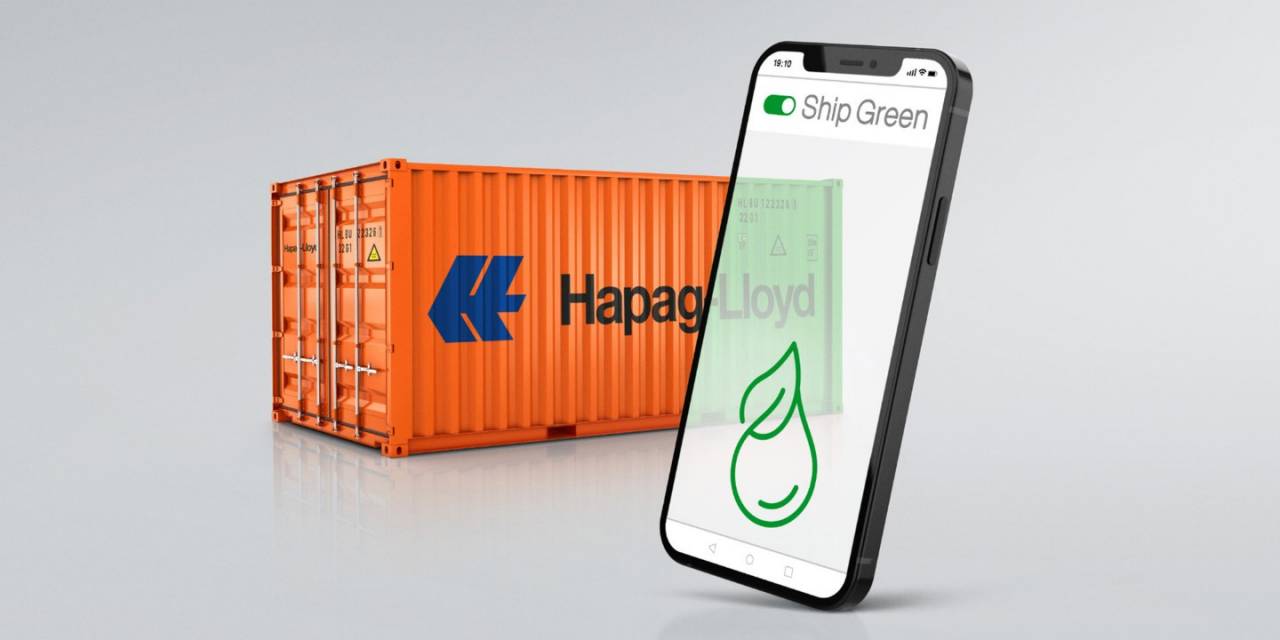Germany – Hapag-Lloyd and DB Schenker have joined forces to embark on a mission of decarbonizing supply chains. The collaboration comes on the heels of Hapag-Lloyd’s recent unveiling of their “Ship Green” initiative in May, marking a significant stride in sustainable transport solutions that align with both companies’ sustainability endeavors.
The core of this innovative partnership lies in a pivotal agreement: the adoption of waste- and residue-based biofuels for emission-reduced container transports. By the conclusion of 2023, DB Schenker aims to substantiate claims of averting approximately 3,000 metric tonnes of carbon dioxide equivalent (CO2e) emissions. This ambitious target hinges on the utilization of no less than 1,000 tonnes of pure biofuel.
Ship Green project
At the forefront of this collaboration is Hapag-Lloyd’s pioneering “Ship Green” product. Engineered to provide customers with emission-reduced ocean transports, this product capitalizes on biofuels’ potential to mitigate environmental impact. Hapag-Lloyd customers can seamlessly integrate Ship Green into their bookings, effectively sidestepping CO2e emissions. Leveraging the “Book & Claim” chain of custody system, Hapag-Lloyd can allocate emissions reductions to all ocean-leg transports, irrespective of vessel type or route. Ship Green accommodates various shipment categories, including standard, hardtop, or tank equipment, underscoring Hapag-Lloyd’s unwavering commitment to driving climate-neutral fleet operations by 2045.
This strategic alliance between Hapag-Lloyd and DB Schenker marks a momentous leap forward in redefining sustainable supply chains. It underscores the power of collaboration in addressing the pressing issue of climate change while setting an inspiring precedent for an industry-wide transition toward eco-conscious practices.





